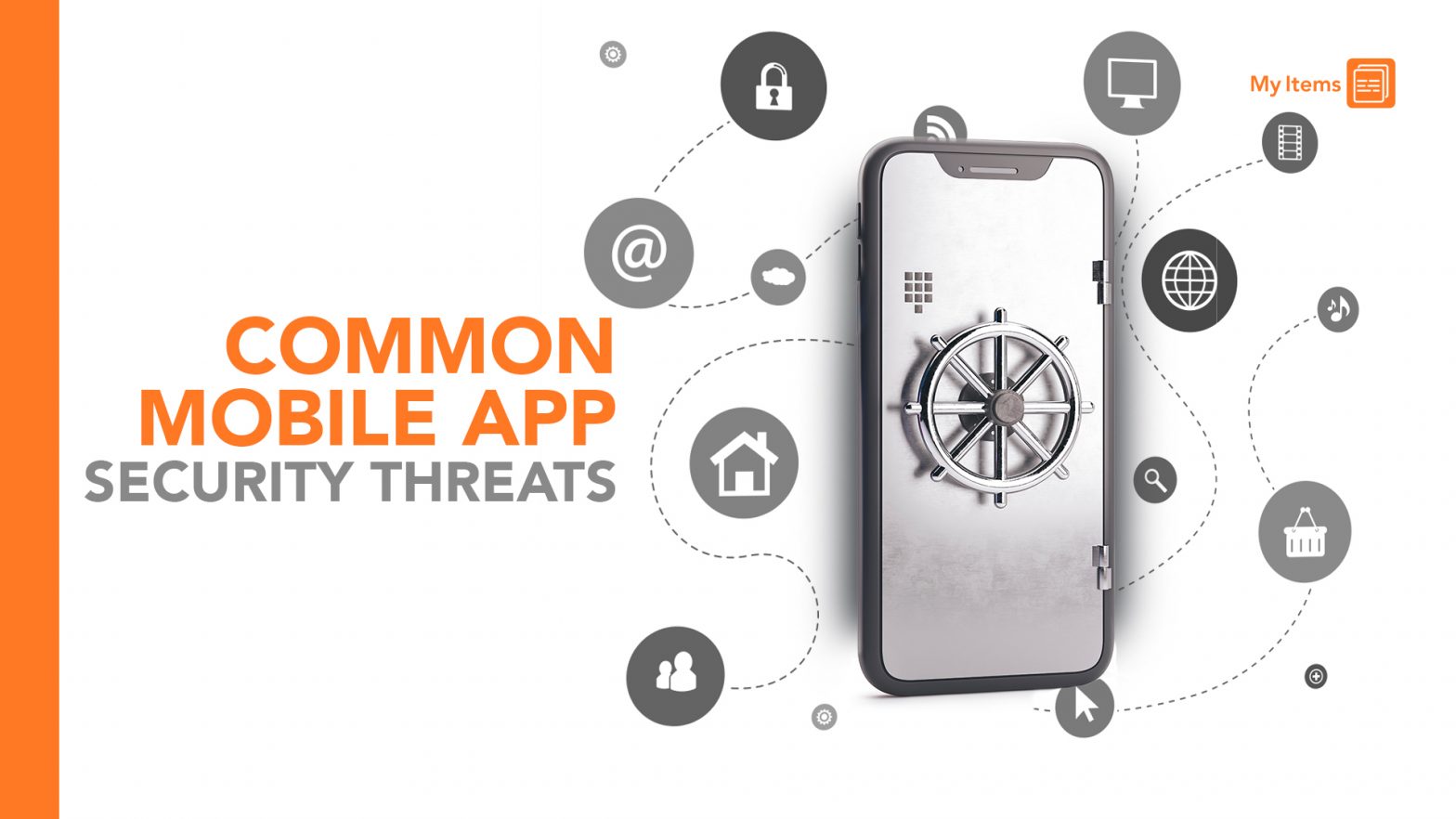It is a well-known fact that mobile apps are increasingly used for a variety of functions from bill payments to purchase products. In such an environment, mobile apps’ security features are being threatened by hackers. According to studies, it has been estimated that 1 in every 36 mobiles have high-risk apps installed in them.
Another interesting statistic is that a majority of fraud transactions occur in mobile transactions as compared to those from the web (71% from mobiles and 29% from the web). The final prediction is that threats to mobile app security will only increase in the coming times. Therefore it is important that you increase your mobile app’s security features to protect the trust that your customers have on you.
Given below are some common mobile app security threats that you should be aware of.
#1: Multi Factor Authentication
A majority of users are guilty of using the same password for many of our online accounts. The problem comes up when one single user’s password is compromised in any one of the user’s online accounts. This enables hackers to get hold of passwords that they test on other sites. This can always lead to an attack on your company.
Multifactor authentication is much-needed protection in such cases. When this kind of authentication is used, the user’s identity does not rely solely on the user’s password. There would be another layer of authentication that is required to log into the app. This could be in the form of the answer to a question, SMS confirmation, biometric authentication, OTP, etc. This drastically improves the app security. This would be of great use in a bill management app that captures a user’s bank/credit card data or personal data.
#2: Improper Encryption
The process of converting data into an indecipherable form is called encryption. The data can be viewed in its original form only after it has been reconverted. In some devices where encryption is not available, hackers can get hold of data in their original decipherable form. This is a danger. In the case of a receipt tracker app that captures data directly from credit cards (MyItems), such improper encryption may be dangerous.
#3: Reverse Engineering
The metadata of an app can prompt many hackers to understand how the app functions. This can lead exposure of the encryption algorithms and hackers can then proceed to modify the source code. Eventually, the original code can be changed to such an extent that it can be used against you in an adverse manner.


